Learner Engagement: Behavioral, Cognitive, & Affective
Experiencing eLearning
DECEMBER 17, 2019
However, we can also support the cognitive and affective dimensions of engagement. Cognitive engagement. Cognitive engagement can be defined as “mental effort and thinking strategies.” Elearning often doesn’t measure or encourage much beyond shallow cognitive engagement. Behavioral engagement.



















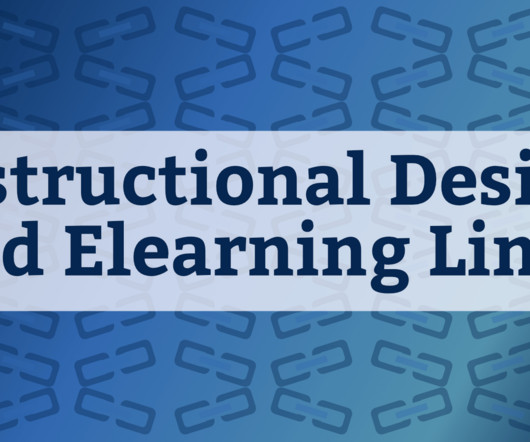





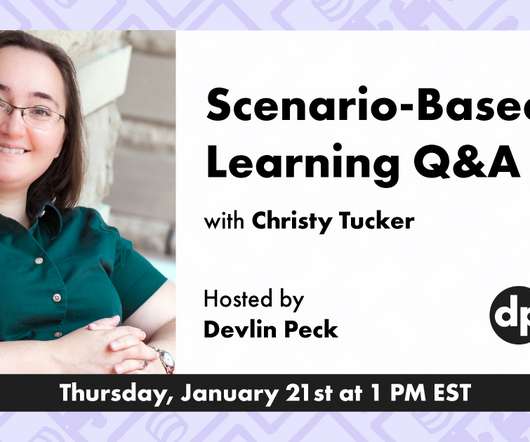


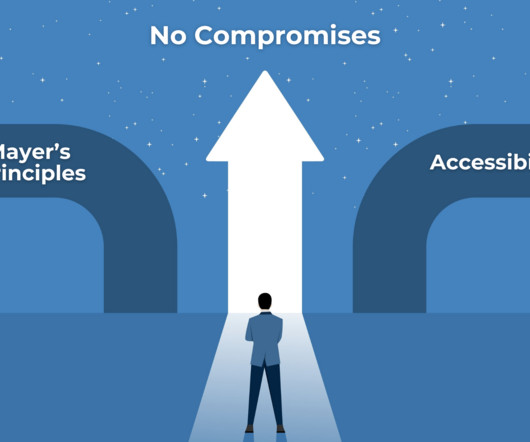










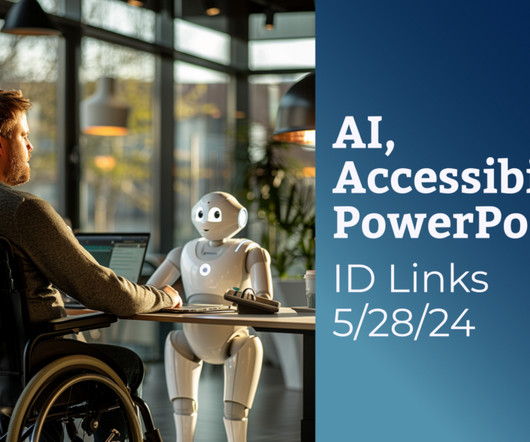

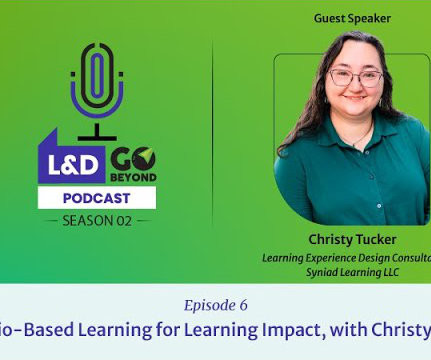













Let's personalize your content